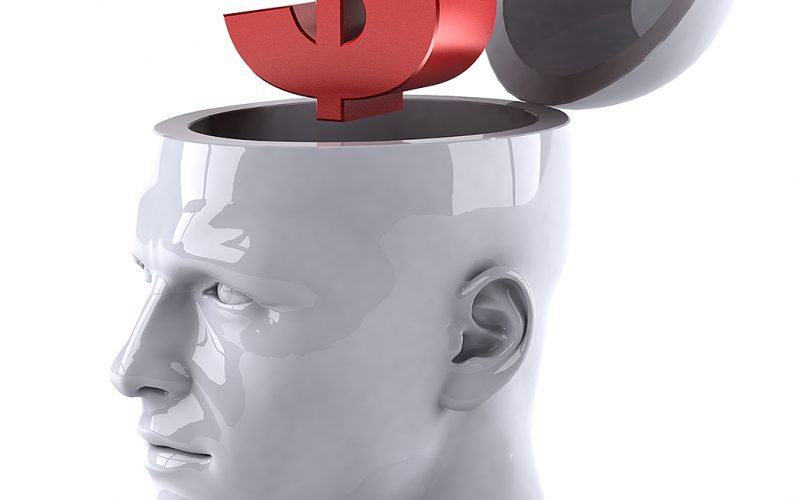 And Why It’s Making America Unhappy and In Debt
And Why It’s Making America Unhappy and In Debt
By Terrah Baker
It’s the holiday season. Which in past years has meant uninhibited spending and credit debt. Today, one benefit of the economic downturn — for consumers anyway — has been the reigning in of finances. But for many, it’s hard to pass up that large, red sale sticker or that new handbag that will keep them in style for the coming season. Especially when society’s been trained to judge worth based on what disposable goods one possesses. But with all the information consumers have today about unfair work environments overseas, the environmental impacts of consumerism, America’s fall as a country that actually manufactures the goods we’re purchasing, why do we keep on spending? Well, research shows just why we feel so compelled to spend what little money we have on items that will soon be out-of-style and given or thrown away.
Everyone knows a healthy bank account is one with ample savings. Unfortunately, the U.S. Department of Commerce shows that since 1982 Americans’ personal savings rate has dropped from 11 percent to below zero, and personal bankruptcy filings has reached record highs.
It turns out, new forms of advertising coupled with a cultural shift toward consumerism (taking shape heavily after World War II) are driving these trends. Like any fast satisfying drug, shopping can become an easy outlet for finding superficial and immediate happiness, but with long-term, negative affects.
“Any time the urge strikes, we now have the capability to act on it impulsively, and that creates a much greater challenge for us than was ever the case before,” psychologist Stuart Vyse, PhD, author of Going Broke: Why Americans Can’t Hold On To Their Money, said. “It’s only natural that we are having trouble with debt.”
After so much bombardment of advertisements, psychology tells us that our will power is wore down, and our impulse to buy takes over. The New York Times reported in Jan. 2007 that a market research firm called Yankelovich estimates that a person living in a city 30 years ago saw up to 2,000 ad messages a day, compared to up to 5,000 or more today. And about half of the 4,110 people the firm surveyed said they thought advertising was out of control.
But that’s just it, consumers don’t have control over the ads they see each day, and until they recognize the problem, they also have little control over how it affects them. Advertisers spend billions researching and developing advertising techniques to get us to spend. And they have almost a hundred years of proven research (some very gruesome examples from the early 1900s) to build upon.
While advertisements used to appear exclusively in magazines, and then on television, they now appear all around us, on billboards, in and outside of buses, the Internet, our phones, in bathroom stalls, and as the New York Times reports, on egg shells. Basically, there’s very few places in the world today where your eye won’t fall on an advertisement.
The scariest thing about advertisement is that it works, said the American Psychology Association.
“All this purchasing could be driving us into debt and unhappiness. Financial difficulties are the leading cause of marital problems among Americans today, and a 2001 Social Science and Medicine study (Vol. 53, No. 4) suggests that worry about debt can lead to stress and depression. Concern about money even extends to the workplace and can lead to absenteeism, lowered productivity and an increase in stress-related illnesses among workers,” the APA reported in August 2008.
So what can consumers do to reign in their own spending and put that money towards things that will make them happy — like becoming debt free, creating a financial safety net, experiences and/or their community? Psychologists say it’s simple: look at shopping as you would any unhealthy drug or addiction.
With the knowledge of most of our goods being made in China by underpaid workers in terrible conditions, and the freedom we can gain with being debt free, hopefully this will start to become easy for the average American. To find out more about what you can do to help overcome the urge to shop, educate yourself on how advertisers suck you in, and ways to overcome your urge. But if you’re looking on the Internet or a magazine, stay vigilant to all of the ads claiming “Low prices,” and “magic fixes!”



